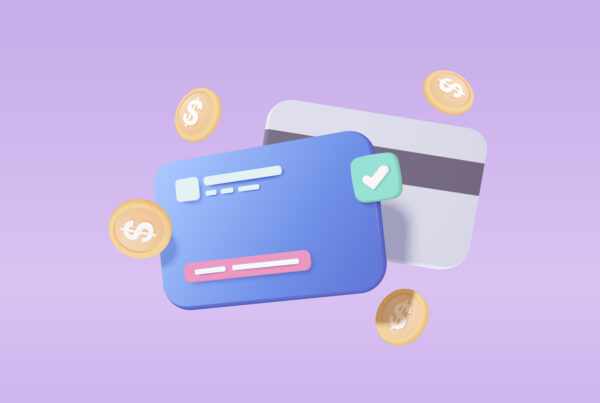Net Neutrality is the simple principle that bans internet service providers from blocking content, speeding up and slowing down.
What is Net Neutrality?
It is the belief that we should be free to access all content without internet service providers discriminating against specific online services and protects free speech. It is the principle that the company that connects you to the internet, doesn’t choose what you view and access online.
If there were no net neutrality rules, ISPs like Verizon and Comcast can prevent individuals from viewing certain sites, provide slower service speed for sites including Hulu and Netflix, and can even redirect to a competing site.
Without net neutrality, businesses can buy priority access to ISP customers. Bigger companies can pay ISPs to provide faster, more reliable access to their sites.
What would the internet be without Net Neutrality?
Without net neutrality, the internet would become a failed network where phone and cable companies decide which sites, applications or content succeed. This would have a very large impact and large companies including AT&T would be able to choose who and who isn’t heard and they would be able to choose website they don’t like, and possible block them.
Who’s fighting for and against Net Neutrality?
When the FCC voted to cancel net neutrality, a lot of people thought that the internet was ruined. However, lawmakers have come together to try and restore neutrality and guard internet access.
The developing resolution would override the FCC’s vote through the Congressional Review Act; congress would have 60 days to overturn and block the FCC’s decision which also permits the ability to block the agency from making related choices in the future.
Why is Net Neutrality important for communities of colour?
The internet is somewhere where people can magnify their voices. When the Federal Communications Commission (FCC) decides what to do about net neutrality, working people must be observant.
The media have misrepresented, harmed and ignored people of colour and people of colour own a small proportion of broadcasting stations. The open internet does allow people of colour and other venerable communities to avoid traditional broadcasting.
ISPs are able to block speech without net neutrality, and people of colour would lose a viral platform. Small businesses that are run by people of colour would not be able to compete against bigger companies online.
How will Net Neutrality affect businesses?
If you have a website, Net Neutrality affects you. Net Neutrality is very important for smaller business owners as they rely on the internet to promote their businesses. A potential customer can visit your competitor’s website of yours equally, and the business that has the best products wins. ISPs can affect loading times of your website without net neutrality, depending whether you can afford to pay a fee.
Big companies with a lot of money can pay ISPs for favoured treatment, whereas smaller businesses don’t have so much of a chance as people can’t visit their websites. Small businesses will never be able to outspend the big companies.
So what now?
From June the 11th, the legal protections against content discrimination are gone from the internet!
Ajit Pai’s internet freedom order was approved back in December 2017, and it went into effect on June the 11th. The new ruling means however, the large internet service providers can do whatever they want to, which includes messing with traffic across the internet. It may take a long time for us to notice the effects, however, it will slowly reshape the internet.
The good news is however, that your web pages will continue to load at the same rate, and the content you read won’t start flashing you error messages anytime soon. Now that the FCC has backed off, we already have a clear knowledge of how wireless carriers will now perform.










